Tatarstan carriers oppose taxi fleet localisation law
Tatarstan’s Public Council on Taxi Development warns: new regulations could threaten the industry’s survival
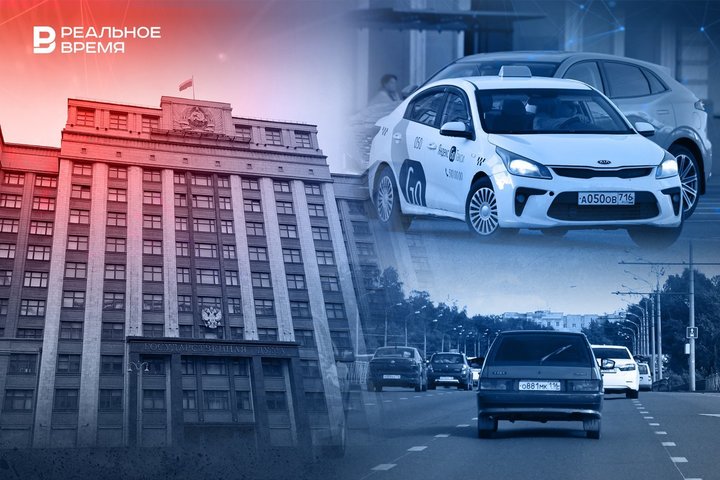
Tatarstan taxi drivers do not want the State Duma to transfer them to domestic cars. In their opinion, the adoption of the law on the localisation of the taxi fleet, as amended by the second reading, will lead to negative consequences for this type of business and for those who use its services. About the controversial points of the document, the expected consequences of the innovation and the associated prospects for the domestic automotive industry — read in the material of Realnoe Vremya.
Will the market shrink to four car models?
A new version of the draft law on localisation of cars used as taxis has raised a wave of discontent among taxi drivers. The document was prepared a year and a half ago in connection with the instructions of Russian President Vladimir Putin. It was adopted in the first reading in January 2024 and did not cause any complaints from voters. However, after it became known about the adjustments that lawmakers have made to this document, the attitude towards it has changed.
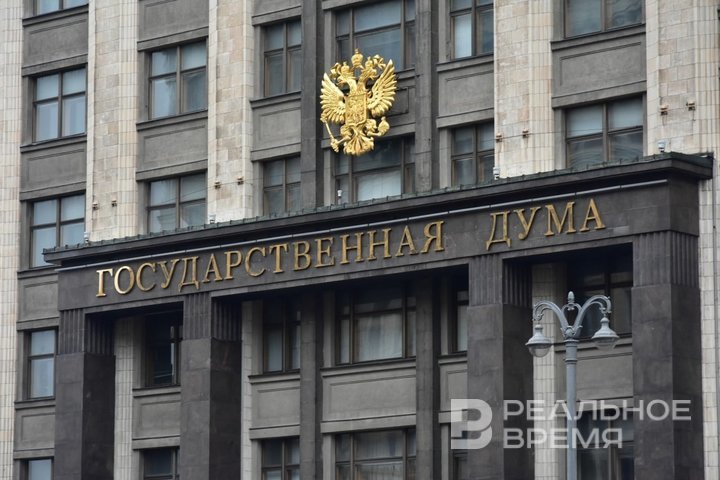
If the law is adopted in the form proposed today, then starting from October 1, 2025, only cars produced at domestic factories and having a high level of localisation will be available for work in the field of passenger transportation. The localisation level is the percentage of production processes that are carried out in Russia, estimated in points, and the amount of local components and raw materials used in the final product. The maximum localisation level score for today is 8,800 points.
Currently, the localisation level is controlled in public procurement: cars with a localisation level of less than 3,200 points cannot be supplied under government contracts. If the amendments proposed today to the Federal Law “On the Organisation of Passenger and Baggage Transportation by Passenger Taxi in the Russian Federation...” are adopted, cars will be allowed to use in taxis on the same terms as in public procurement.
The amendments to the Taxi Law also provide for the use of vehicles manufactured under special investment contracts (SPIC) from March 1, 2022 to March 1, 2025. The cars manufactured under the SPIC after March 1, 2025, will be allowed to work in taxis only in agreement with the government.
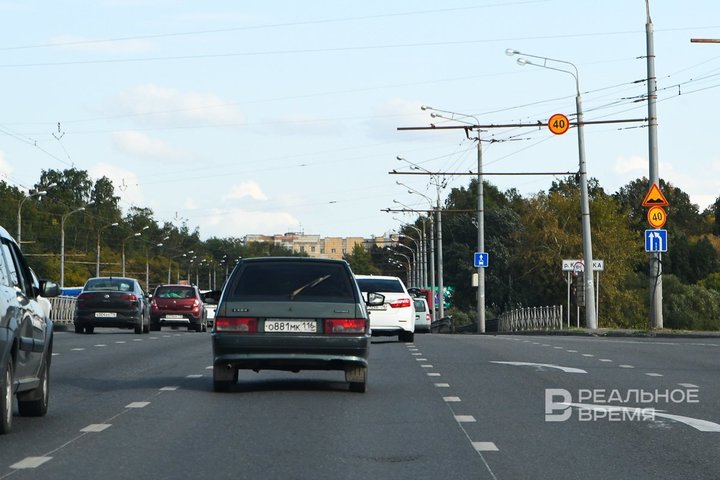
At the same time, according to data from open sources, today only four models of passenger cars produced by the Russian automotive industry have overcome the localisation level of 3,200 points: Lada — Granta, Vesta, Largus and Aura.
“Our domestic cars are inconvenient”
Car owner Viktor Alexandrov, who has been cooperating with well-known taxi aggregators for several years, believes that the changes to the taxi law discussed in the State Duma will be a gut punch for the service.
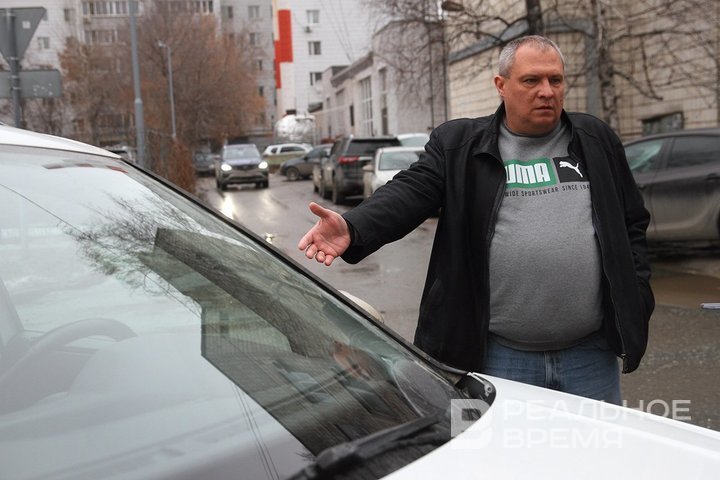
Since Alexandrov often acts as a consultant to friends and acquaintances when choosing a car, he is aware of the prices of cars and their characteristics. And he says that many domestic cars from Russia have “only a nameplate on the hood," the rest are made abroad.
Viktor Alexandrov spoke out strongly against the bill in its proposed form — in his opinion, by adopting such law, it is possible to “kill” the taxi service sector altogether.
“These initiatives raise serious concerns among key market participants”
The Public Council for the Development of Taxis in the Republic of Tatarstan believes that the requirement to use only cars with a high level of localisation in taxis poses a threat to the extinction of this type of passenger transportation:
“These initiatives raise serious concerns among key market participants. According to surveys, many customers who use business class and comfort class taxi services today are not ready to transfer to economy class, which mostly corresponds to domestic cars. In addition, these initiatives can lead to the monopolisation of the country's largest automaker, and when monopolisation occurs, services immediately become more expensive and their quality decreases. According to the data available to the Public Council for the Development of Taxis in the Republic of Tatarstan, Russian-made cars already occupy one of the leading positions among those used in the taxi segment. This suggests that there is a high demand for domestic cars even without the introduction of strict restrictions.”
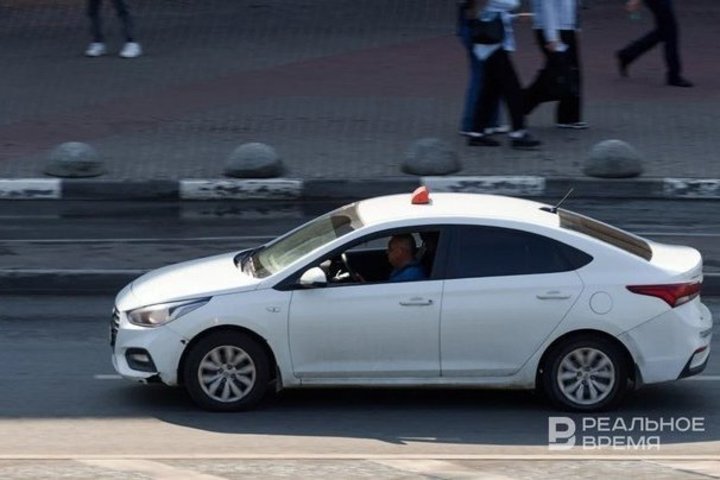
The Council says that the requirements for localisation of cars for use in taxis do not negate the fact that a number of important production processes of domestic plants are still based on the use of foreign parts and technologies, and in the event of any supply disruptions, the production of Russian cars may be suspended, which will lead to the inability to update the taxi fleet in a timely manner. It turns out that the localisation initiative not only does not solve the problem of dependence on imports, but, on the contrary, creates additional risks, the Public Council concludes.
The representative of the council cited the results of the study in a conversation with Realnoe Vremya: from 2022 to 2024, the share of cars older than 5 years in the taxi segment almost doubled — from 12% to 22%, which indicates the financial problems of carriers. And he added that with the introduction of localisation requirements, these problems will only worsen, while the fleet consisting of domestic cars will require more frequent repairs and updates:
“The state is doing everything right”

Abdulnasyrov noted that, as a rule, the cost of Russian cars is two times lower than the cost of cars imported from other countries. And considering that we are talking about commercial benefits, when using Russian cars, the cost of entering the taxi market for entrepreneurs is reduced.

He also expressed doubt that Russian cars cannot be used in taxis if we are talking about a higher level of comfort — for these purposes, according to the expert, an elongated Lada Vesta — Aura is quite suitable.
“With the introduction of localisation requirements in terms of investments, a more favourable situation is created for businesses,” Ruslan Abdulnasyrov believes. “I think the rejection of it by entrepreneurs is no longer caused by real reasons, but by the fact that restrictions are being imposed, which have never been before. And they are being introduced for an important purpose: the government is trying to encourage foreign manufacturers to invest in our country's industry, create jobs, and create clusters of automotive components around factories, which will lead to increased consumption of energy, hydrocarbons, plastics, and glass... From the point of view of protecting the interests of the country, the state is doing everything right. And people quickly get used to the changes. Trump has just imposed huge duties on cars that are not manufactured in America — 25%. All governments protect their markets from companies that enter aggressively, squeezing out local producers through the power of global brands.”
For deglobalisation and balance
A similar opinion is shared by the deputy of the State Duma from Tatarstan, a member of the Committee on Budget and Taxes, Ayrat Farrakhov. He is convinced that the introduction of localisation requirements for cars used in taxis is timely and necessary to support the Russian economy:

The deputy stressed that when introducing new requirements, it is necessary to ensure that a balance is maintained in terms of competition — it should not decrease, a monopolist should not be allowed to appear in this market, and domestic manufacturers should be put in conditions where they have to constantly modernise their products, increase the comfort and quality of cars. Ayrat Farrakhov also said that it is planned to monitor the cost and prevent a jump in prices for domestic cars.
He expressed doubt that passengers would abandon taxi services, and suggested that electric cars would take up space in the more expensive segment of transportation, and there would be more domestic car brands over time.